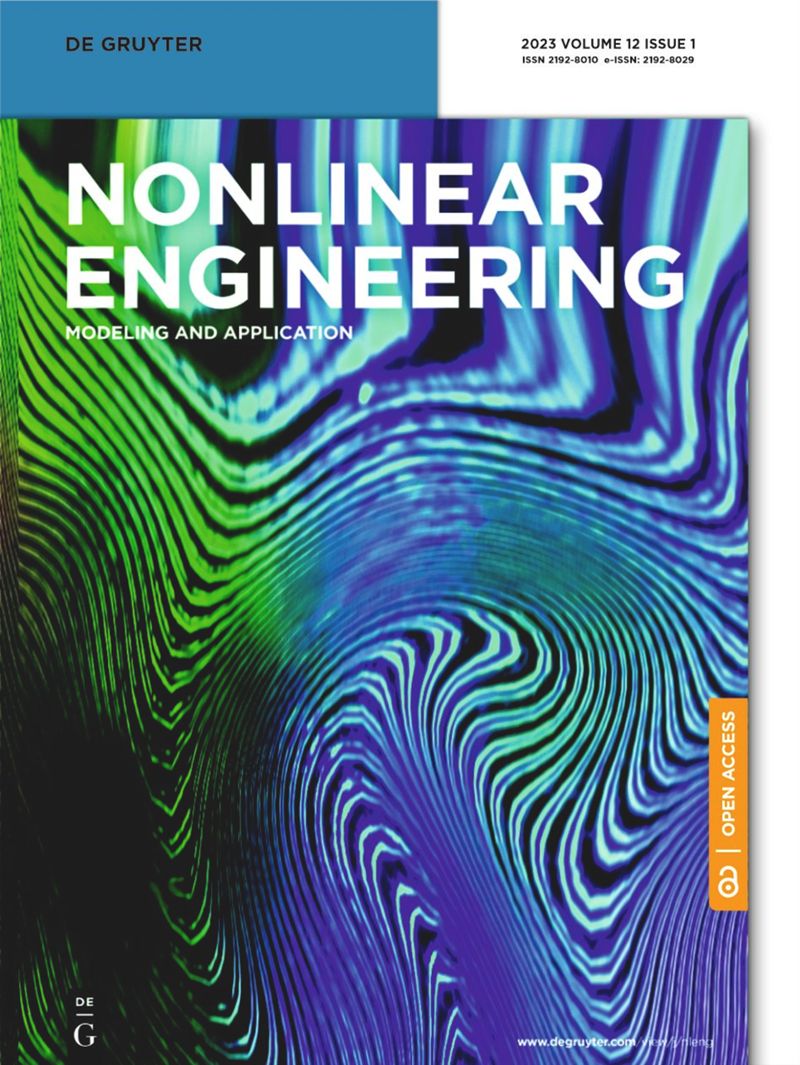An effective framework to improve the managerial activities in global software development
IF 2.4
Q2 ENGINEERING, MECHANICAL
引用次数: 1
Abstract
Abstract Global Software Development (GSD) is a contemporary approach to software development that offers numerous advantages, including enhanced cost-effectiveness and timely delivery. It enables access to a vast pool of skilled developers and facilitates the exchange of best practices and innovative ideas within the software industry. However, effective project management plays a vital role in ensuring successful product development. Organizations that achieve project success consistently adhere to well-defined project management methodologies, resulting in desired outcomes within predefined time frames and allocated resources. The success rate of software projects significantly increases with diligent software management efforts. Nevertheless, the distributed nature of GSD presents significant challenges related to collaboration, information dissemination, and process control, which ultimately impede effective development and compromise software quality. In this study, we identify various challenges associated with the GSD process and propose strategies to overcome obstacles to effective project management. Additionally, we introduce a comprehensive framework designed to enhance managerial activities in GSD.一个有效的框架,以提高管理活动在全球软件开发
全球软件开发(GSD)是一种现代的软件开发方法,它提供了许多优点,包括增强的成本效益和及时的交付。它使我们能够接触到大量熟练的开发人员,并促进了软件行业内最佳实践和创新思想的交流。然而,有效的项目管理在确保成功的产品开发中起着至关重要的作用。获得项目成功的组织始终坚持定义良好的项目管理方法,在预定义的时间框架和分配的资源内产生期望的结果。随着勤奋的软件管理工作,软件项目的成功率显著提高。然而,GSD的分布式特性提出了与协作、信息传播和过程控制相关的重大挑战,这些挑战最终阻碍了有效的开发并损害了软件质量。在本研究中,我们确定了与GSD过程相关的各种挑战,并提出了克服有效项目管理障碍的策略。此外,我们引入了一个全面的框架,旨在加强GSD的管理活动。
本文章由计算机程序翻译,如有差异,请以英文原文为准。
求助全文
约1分钟内获得全文
求助全文
来源期刊
CiteScore
6.20
自引率
3.60%
发文量
49
审稿时长
44 weeks
期刊介绍:
The Journal of Nonlinear Engineering aims to be a platform for sharing original research results in theoretical, experimental, practical, and applied nonlinear phenomena within engineering. It serves as a forum to exchange ideas and applications of nonlinear problems across various engineering disciplines. Articles are considered for publication if they explore nonlinearities in engineering systems, offering realistic mathematical modeling, utilizing nonlinearity for new designs, stabilizing systems, understanding system behavior through nonlinearity, optimizing systems based on nonlinear interactions, and developing algorithms to harness and leverage nonlinear elements.

 求助内容:
求助内容: 应助结果提醒方式:
应助结果提醒方式:


